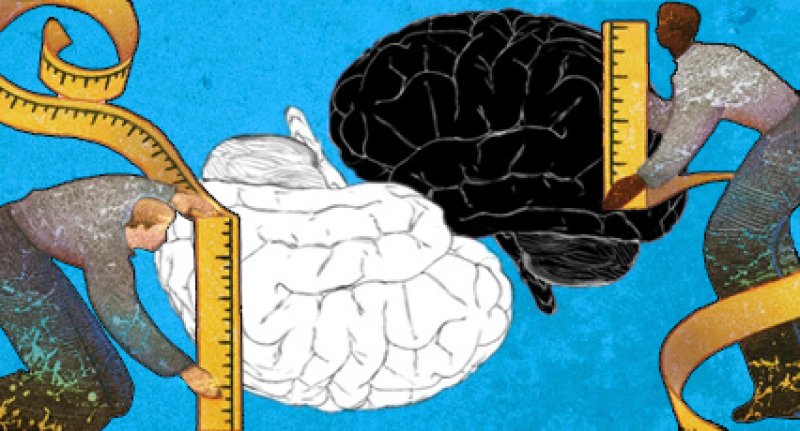Last month, the College Board announced that it was revamping the SAT test, which nearly all college bound high schoolers must take for admittance. The goal of the restructuring was to make the exam more reflective of high school and college curricula. So, more varied math problems and fewer esoteric vocabulary words are included.
Many commentaries, including one by the New York Times, criticized the SAT for being an inaccurate predictor of whether a student will succeed in college, claiming that other factors in student’s academic life were more important:
“The new SAT will not quell all criticism of standardized tests. Critics have long pointed out — and David Coleman, president of the college board admits — that high school grades are a better predictor of college success than standardized test scores. More colleges have in recent years become “test optional,” allowing students to forgo the exams and submit their grades, transcripts and perhaps a graded paper.”
Other critics have suggested that what the SAT truly measures is socio-economic status, making it at best a useless tool for predicting college performance and at worst, a further factor by which men and women from non-wealthy backgrounds are disadvantaged in the college admission process.
But, psychologists David Hambrick and Christopher Chabris challange these criticisms. The SAT is good at predicting college success and great when paired with high school performance, they say, citing reams of statistics that they claim are overwhelming. And that’s because it measures general intelligence.
“The content of the SAT is practically indistinguishable from that of standardized intelligence tests that social scientists use to study individual differences, and that psychologists and psychiatrists use to determine whether a person is intellectually disabled—and even whether a person should be spared execution in states that have the death penalty. Scores on the SAT correlate very highly with scores on IQ tests—so highly that the Harvard education scholar Howard Gardner, known for his theory of multiple intelligences, once called the SAT and other scholastic measures “thinly disguised” intelligence tests.”
The argument against both SAT and IQ tests, they and most psychometricians (experts in the biology of the brain) is an ideological one: a belief that people are born a ‘blank slate’ with few innate intellectual differences. Studies have consistently found that general intelligence correlates to a slew of lifestyle qualities: income, employment, health maintenance and lifespan. Surely, SAT scores would not fall too far out of that range.
“Bottom line is that there are large, measurable differences among people in intellectual ability, and these differences have consequences for people’s lives. Ignoring these facts will only distract us from discovering and implementing wise policies.”
And when we speak about innate intelligence, we have to think about how it got there. There’s really only one candidate: our genes. Acknowledging these differences also opens up the door to discussions of population based differences in IQ among the races or between the sexes–taboo subjects.
As John Bohannon noted in an essay in Wired, most people in America have a distinct distaste to correlate IQ and intelligence with our genetics.
“Those who try to study intelligence find themselves lost in a political minefield. To be sure, not all intelligence research is controversial: If you study cognitive development in toddlers, or the mental decline associated with Alzheimer’s disease, “that’s treated as just normal science,” says Douglas Detterman, founding editor of Intelligence, a leading journal in the field. The trouble starts whenever the heritability of intelligence is discussed, or when intelligence is compared between genders, socioeconomic classes, or—most explosively—racial groupings.”
It’s clear that these are charged ideas. But it’s equally as clear that research is not going to stop because we fear encountering between group differences that may align with cultural stereotypes. As James Crow, arguably the most respected geneticist in the world, wrote in 2002:
“For the most part, group differences are small and largely overshadowed by individual differences… Society’s business, I think, is not to minimize individual differences. We shouldn’t try to fit people into one mold.“
That should apply to any group differences that fall out of genetic analyses of intelligence, but it should also apply to societal hesitance to explore the genetic substrate of intelligence. If you don’t believe these group differences exist, why be scared to look for them?
Additional Resources:
- Ron Unz on genius, IQ, race and meritocracy, Genetic Literacy Project
- Searching for the super genius genes, Genetic Literacy Project
- Is the female of the species really more intelligent than the male?, Telegraph































